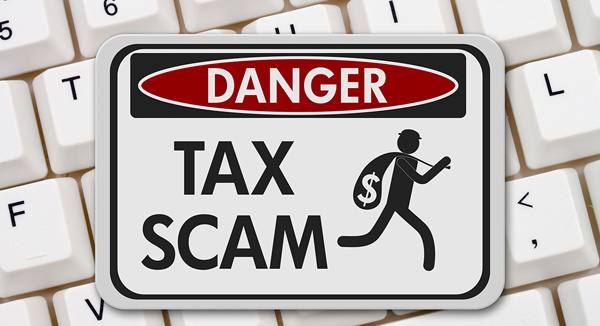With tax season completed, the Internal Revenue Service has warned taxpayers to remain vigilant for phishing emails and telephone scams. Summertime tends to be a favorite period for scammers because many taxpayers have recently filed a return and may be waiting for a response from the IRS
Peggy Beasterfeld
Telltale signs of a scam
The IRS (and its authorized private collection agencies) will never:
- Call to demand immediate payment using a specific payment method such as a prepaid debit card, gift card or wire transfer. The IRS does not use these methods for tax payments. Generally, the IRS will first mail a bill to any taxpayer who owes taxes. All tax payments should only be made payable to the U.S. Treasury and checks should never be made payable to third parties.
- Threaten to immediately bring in local police or other law-enforcement groups to have the taxpayer arrested for not paying.
- Demand that taxes be paid without giving the taxpayer the opportunity to question or appeal the amount owed.
- Ask for credit or debit card numbers over the phone.
For anyone who doesn’t owe taxes and has no reason to think they do:
- Do not give out any information. Hang up immediately.
- Contact the Treasury Inspector General for Tax Administration to report the call. Use their IRS Impersonation Scam Reporting web page.
- Report the caller ID and/or callback number to the IRS by sending it to phishing@irs.gov (Subject: IRS Phone Scam).
- Report it to the Federal Trade Commission. Use the FTC Complaint Assistant on FTC.gov. Add “IRS Telephone Scam” in the notes.
How Enrolled Agents Can Help You
